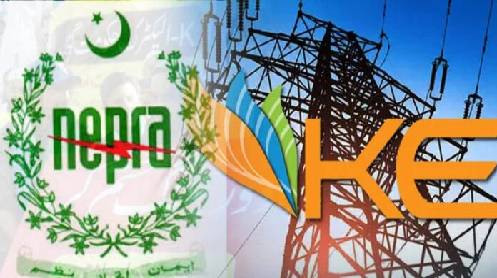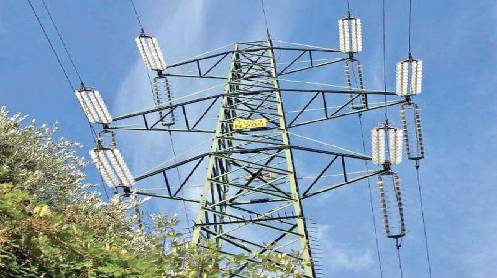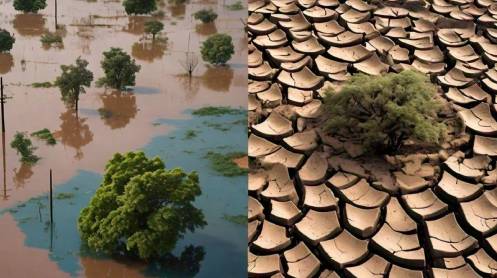ISLAMABAD: Prime Minister Shehbaz Sharif has directed the National Electric Power Regulatory Authority (NEPRA) and the Power Division to amend net metering regulations to rationalize buyback rates, sources told Business Recorder.
The decision came during a recent meeting on the power sector chaired by the Prime Minister, with top officials from relevant authorities in attendance. The increasing adoption of solar energy by affluent residential, industrial, and commercial consumers has significantly impacted the revenues of Power Division and distribution companies (Discos).
The trend of net metering, where solar energy users sell excess power back to the grid, has been a point of concern for Discos. The financial implications of this shift were discussed with international bodies like the World Bank, Asian Development Bank (ADB), and the International Monetary Fund (IMF), which have emphasized the need for full cost recovery of electricity.
The ADB, in its recent aide-memoire, noted the concerns of the Power Division regarding the impact of net metering projects on Discos. Although the ADB’s proposed program focuses primarily on off-grid areas, it will consult with the Power Division as the program progresses.
The Power Division has proposed revising buyback rates from the current Rs 21-22 per unit to Rs 11-12 per unit to mitigate revenue losses. The proposal includes transitioning from the current net metering regime to a gross billing system, creating a separate tariff category, revising buyback rates, amending net metering regulations, and developing a dynamic formula for a reasonable payback period.
Prime Minister Sharif has instructed the Power Division and NEPRA to approve these amendments, with the Power Division leading the effort to finalize recommendations by May 31, 2024.
The Power Division’s presentation highlighted that 6,000 MW of solar panels have been imported during the first nine months of the current fiscal year, with Chinese PV panels available at low prices.
The Sindh Energy Department has requested ADB support for several priority projects: mini-grid solutions for rural underserved areas, a solarization initiative for remote and underprivileged regions, and solarization of reconstructed houses in flood-affected areas. The ADB has expressed its alignment with these objectives under the Second Access to Clean Energy Investment Program and will pursue the development of sustainable business models in collaboration with the Sindh Energy Department.
Story by Khaleeq Kiani





